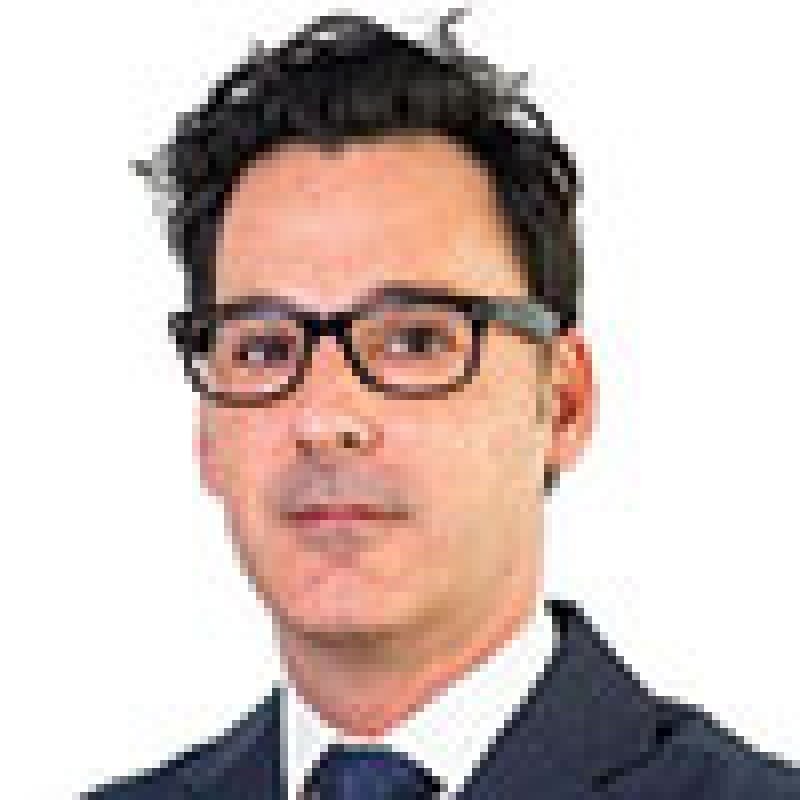Much water has flowed under the bridge since 1986, yet the law regulating the patentability of software remains the same. A close look at the new guidelines for examination in the Spanish Patent and Trade Mark Office (OEPM) shows that those aspects concerning patentability remain the same as in the original Guidelines … so we may give it a big yes, nothing has changed.
At the OEPM, formal and technical examinations are carried out at the same time; so, on the one hand computer programs may be a form of computer-implemented inventions while, on the other hand, computer programs are included in the list of exclusions.
In the light of new Spanish patent law, computer programs are still excluded but as for the other elements of that list, the scope of exclusion is limited; that is, only the exclusion of the invention applies insofar as the object for protection as claimed comprises one of said inventions as such. Thus, the Spanish law expressly allows methods to be carried by a programmable devices or systems as long as the computer program is capable of producing, when running in the corresponding programmable device or system, a further technical effect that goes beyond those normal physical effects implicit to the device or system themselves; this is the so called further technical effect we may find in the guidelines for examination in the European Patent Office on GII, 3.6.
Nonetheless, we may still find claims comprising both technical and no technical features. In this regard the new guidelines for examination in the OEPM state that the implementation of an invention, considered for other reasons not intrinsically patentable, using physical elements or technical means, does not alter the essence of the invention. Hence, the mere use of technical means for the implementation of an excluded invention from patentability does not necessarily give the essential technical nature which averts that exclusion.
Since the nature of the invention in view of the exclusions to patentability is examined at the same time as the formal examination is carried out, we are not going to receive a search report with a written opinion regarding those aspects that are deemed to be an invention.
This is still a problem with the new law and the corresponding guidelines for examination in Spain: claims comprising technical and non-technical features (mixed claims) may not pass the first filter at the OEPM.

|
Ignacio Robledo |
PONS IPGlorieta Rubén Darío, 428010 – Madrid SpainTel: +34 917007600Fax: +34 913086103clientes@pons.eswww.ponsip.com










